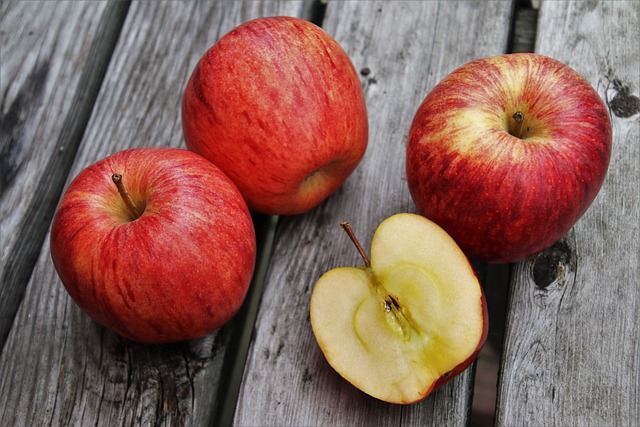Probiotic Powerhouse: Understanding the Role of Good Bacteria in Preventing Chronic Diseases
When we think about bacteria, the first thing that comes to our mind is often harmful microorganisms that cause infections and diseases. However, not all bacteria are bad for our health. In fact, there is a whole class of bacteria known as probiotics that have significant health benefits, especially when it comes to preventing chronic diseases.
What are Probiotics?
Probiotics are live microorganisms that provide various health benefits when consumed in adequate amounts. These microorganisms are mostly bacteria but can also include certain yeasts. They are commonly referred to as “good bacteria” because of their positive effects on the body.
Probiotics are naturally present in our bodies, primarily in the gastrointestinal tract. They play a crucial role in maintaining the balance of the gut microbiota, which is the population of microorganisms living in our digestive system.
The Gut-Brain Connection
The gut microbiota has been shown to have a close relationship with our brain, leading to the concept of the gut-brain axis. Research suggests that the balance of bacteria in the gut can impact our mental health, cognition, and even behavior.
Probiotics, as a part of the gut microbiota, can influence the production and function of certain neurotransmitters such as serotonin, which plays a key role in regulating mood and emotions. This connection between the gut and the brain highlights the potential role of probiotics in preventing mental health disorders.
Preventing Digestive Disorders
One of the most well-known benefits of probiotics is their ability to promote a healthy digestive system. The gut microbiota is involved in various digestive processes, including the breakdown of food, nutrient absorption, and the regulation of intestinal functions.
By maintaining a balanced gut microbiota, probiotics can help prevent and manage digestive disorders such as irritable bowel syndrome (IBS), inflammatory bowel disease (IBD), and diarrhea. They can also enhance overall gut health and improve digestion.
Boosting the Immune System
Another important role of probiotics is their impact on the immune system. A significant portion of our immune system is located in the gut, and the gut microbiota plays a crucial role in regulating immune responses.
Probiotics can enhance the immune system’s ability to fight off harmful pathogens and reduce the risk of infections. They can also modulate immune function, potentially helping to prevent autoimmune diseases and allergic reactions.
Reducing the Risk of Chronic Inflammation
Chronic inflammation is a common underlying factor in many chronic diseases, including cardiovascular diseases, diabetes, and certain types of cancer. Probiotics have been shown to have anti-inflammatory properties, which can help reduce the risk of these diseases.
By reducing inflammation in the body, probiotics can support overall health and potentially prevent the development of chronic conditions. They can also help improve existing conditions related to inflammation, such as inflammatory skin disorders and arthritis.
Choosing the Right Probiotics
When it comes to choosing the right probiotic supplement, it’s essential to consider several factors. Look for a high-quality product from a reputable brand that provides the specific strains known to have the desired health benefits.
Probiotic effectiveness can vary depending on the strain and the individual’s specific health condition. Consulting with a healthcare professional, such as a doctor or a registered dietitian, can help you determine the most suitable probiotic for your needs.
Incorporating Probiotics into Your Diet
Probiotics are found naturally in certain foods, making it possible to incorporate them into your diet. Some excellent food sources of probiotics include yogurt, kefir, sauerkraut, kimchi, and other fermented foods.
If you prefer a supplement, probiotics are available in various forms such as capsules, tablets, powders, and even liquid. Follow the instructions provided on the product and consider storing them properly to maintain their viability.
Conclusion
Probiotics are a powerful tool







